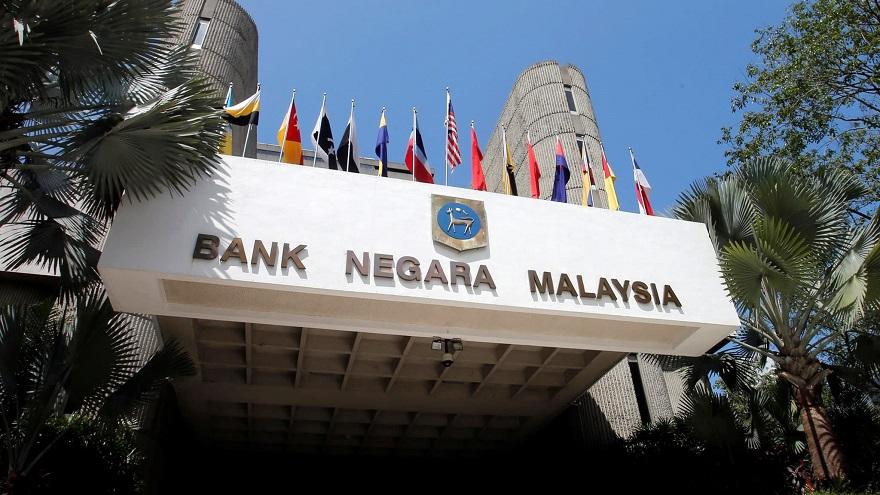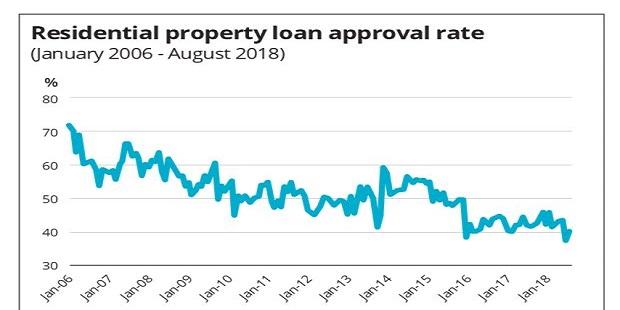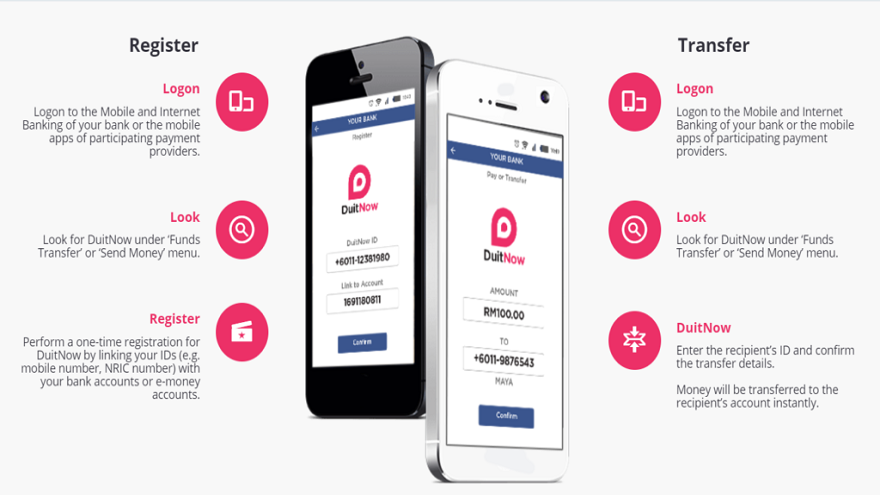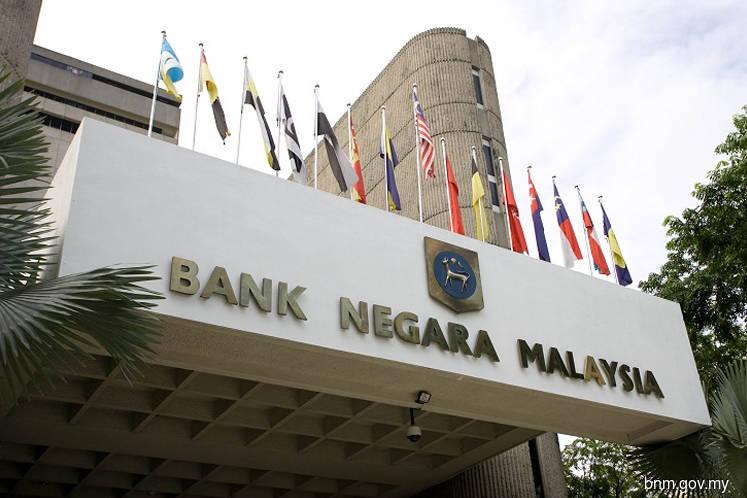Bank Negara Malaysia (BNM) has announced several initiatives for the foreign-exchange (forex), derivative and repurchase agreement (repo) markets to improve the accessibility and liquidity of the Malaysian financial markets following engagements with market participants to identify the best measures for a conducive and vibrant environment.
The move comes a month after index provider FTSE Russell said it may drop Malaysia from its World Government Bond Index (WGBI) due to concerns over market accessibility.
BNM governor Datuk Nor Shamsiah Mohd Yunus said the initiatives are a result of the central bank's continuous "productive talks" with market participants — including local and international investors, as well as index providers, rather than a direct response to FTSE Russell's review of Malaysian debt.
"We talk to all the index providers, we engage with them on a yearly basis. We did set up a financial markets committee to look at the development of onshore markets. So, this was a culmination of a series of discussions we've been having with investors," she said at the first-quarter economic performance review in Kuala Lumpur on May 16.
FTSE Russell said in April it was considering downgrading Malaysia's fixed-income country classification, which would render the country ineligible for inclusion in the WGBI.
FTSE Russell added that Malaysia could avoid a downgrade and remain on the index if it fulfils the WGBI eligibility criteria at the upcoming review in September 2019.
BNM's new measures include enhancing repo market liquidity and flexibility by increasing the availability of off-the-run bonds to be borrowed via repo for market-making activities, in recognition of the repo market's role in secondary market trading activities.
The repo guideline will be reviewed accordingly to allow, among others, extending the repo tenure beyond one year, the central bank stated in a release yesterday.
BNM will also collaborate with the Securities Commission Malaysia, Bursa Malaysia and key market players to further enhance the delivery mechanism for Malaysian Government Securities (MGS) futures settlements, in order to develop an effective hedging platform for investors.
On the forex side, BNM said trust banks and global custodians can now apply under the dynamic hedging programme to undertake dynamic hedging on behalf of their underlying clients to enhance onshore market liquidity and accessibility.
It said the dynamic hedging programme, which was introduced in December 2016 and allows non-resident investors to actively manage their forex exposures onshore, now has 88 registered investors managing a total of US$30.8 billion (RM128.29 billion) in assets.
Registered institutional investors are now allowed to enter into forward contracts to buy ringgit beyond the current 25% (of underlying assets) threshold, upon approval by BNM, whereby applications can be submitted to investorregister@bnm.gov.my.
Forex transaction and documentation processes will continue to be improved and simplified, to ease investors' accessibility to the onshore forex market.
A standard documentation guide for forex transactions has been developed by the industry and will be circulated via the Association of Banks Malaysia.
The Appointed Overseas Office (AOO) framework, which has been in place since 2016, will facilitate greater access to the domestic financial market by providing ringgit liquidity beyond local trading hours.
Currently, there are 151 AOOs from 21 banking groups operating in 36 countries. BNM will continue to facilitate the market-making capacity of AOOs to ensure sufficient access to ringgit prices, it added.
Nor Shamsiah added that the expansion of dynamic hedging and the current 25% threshold increase for forward contracts will take place immediately, while BNM hopes to implement the enhancements to MGS futures delivery by end-2019.

.jpeg)








.jpeg)
